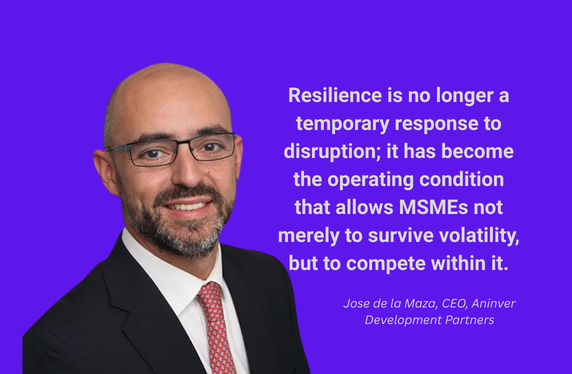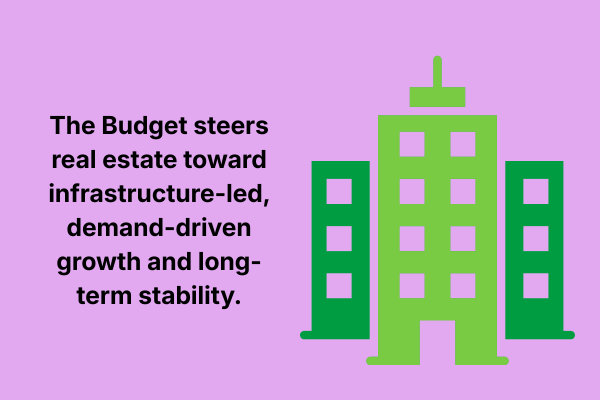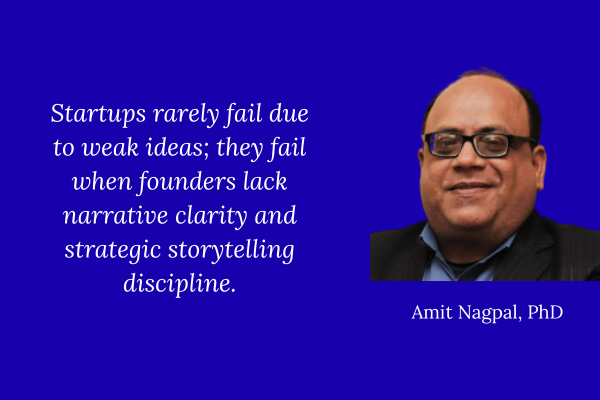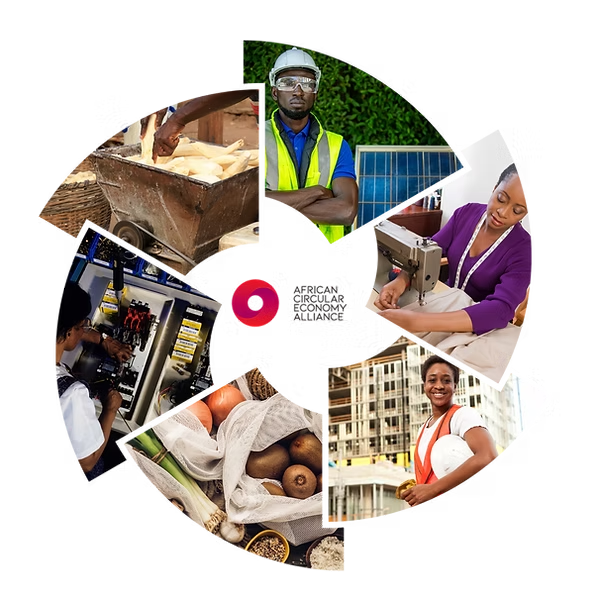Nairobi, Kenya – The Africa Circular Economy Alliance (ACEA) is gaining momentum as a transformative force in reshaping Africa’s economic landscape. This government-led coalition of African nations is driving the transition to a circular economy, an innovative model that prioritizes recycling, repairing, and reusing materials to deliver sustainable economic growth, create jobs, and achieve environmental sustainability.
Hosted by the African Development Bank (AfDB) and supported by the Africa Circular Economy Facility (ACEF), ACEA is the only regional initiative backed by a multi-donor trust fund dedicated to mainstreaming circular economy practices across the continent.

Circular Economy: A Key to Africa’s Future
The circular economy (CE) is emerging as a vital solution to global resource depletion and unsustainable consumption patterns. Unlike traditional economic systems, CE focuses on reducing waste and maximizing the lifecycle of products and materials. For Africa, this shift is not only necessary but also presents significant opportunities for economic and social transformation.
In a statement, ACEA emphasized the potential of CE to address the challenges posed by Africa’s rapidly growing youth population, which is projected to comprise 51% of the continent’s population by 2050. With a rising demand for improved living standards, ACEA sees the circular economy as a pathway to sustainable industrial development and job creation.
Unlocking Opportunities
Africa’s unique demographic and resource landscape positions it as a leader in circular economy initiatives. Key areas of focus include:
- Youth Empowerment: CE industries are poised to create green jobs, offering employment opportunities and skills development for Africa’s burgeoning youth population.
- Sustainable Industrialization: By promoting innovative practices like waste-to-energy projects and industrial symbiosis, ACEA aims to build a resilient and resource-efficient industrial base.
- Natural Resource Utilization: Africa’s abundant resources can be leveraged through CE principles, ensuring efficient and sustainable exploitation.
Driving Change with ACEA
Through the Africa Circular Economy Facility (ACEF), ACEA is mobilizing investments and fostering public-private partnerships to support projects in waste management, renewable energy, and sustainable agriculture. Additionally, the alliance is working with governments to develop enabling policies and facilitate knowledge sharing among its members.
“The circular economy is not just a sustainability imperative; it is an opportunity for Africa to reimagine its economic future,” said a representative from the ACEA Secretariat. “We are creating a model that delivers economic growth while protecting the environment and empowering communities.”
A Roadmap for the Future
The ACEA’s efforts align with international sustainability goals, positioning Africa as a global leader in circular economy practices. Its focus on innovation, partnerships, and capacity building underscores the alliance’s commitment to a sustainable and inclusive future.
For more information and insights into the circular economy in Africa, ACEA has made resources available on its official platforms, providing guidance and inspiration for policymakers, businesses, and communities.
As Africa charts its path toward sustainable growth, ACEA is leading the charge, ensuring that the continent’s economic aspirations align with the global push for sustainability.
Author Profile
Latest entries
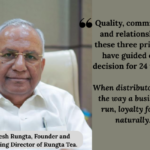 Business2 January 2026Rungta Tea Marks 24 Years with 92% Distributor Retention, Outlines Ambitious Expansion
Business2 January 2026Rungta Tea Marks 24 Years with 92% Distributor Retention, Outlines Ambitious Expansion Business18 October 2025Start Your Drone Business: Aquiline Drones Franchise Program for Veterans
Business18 October 2025Start Your Drone Business: Aquiline Drones Franchise Program for Veterans Doing business3 June 2025India’s Q-Commerce Growth Underscores Market-Driven Innovation: Siddharth Shankar
Doing business3 June 2025India’s Q-Commerce Growth Underscores Market-Driven Innovation: Siddharth Shankar Business15 May 2025World MSME Day: A Global Commemoration of Entrepreneurial Vitality
Business15 May 2025World MSME Day: A Global Commemoration of Entrepreneurial Vitality

